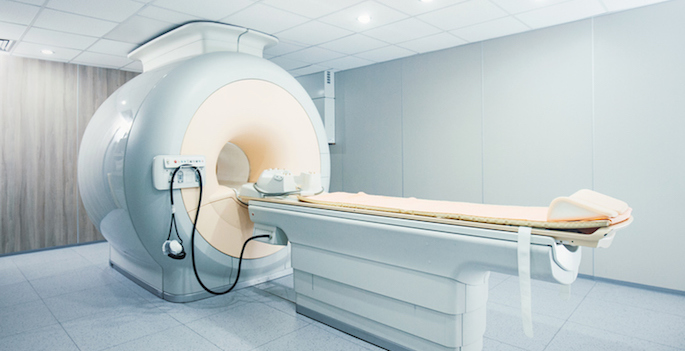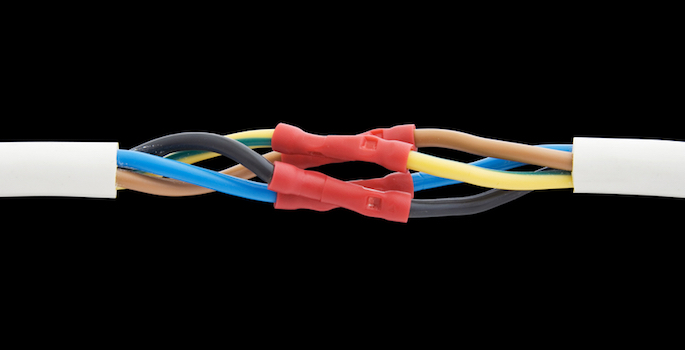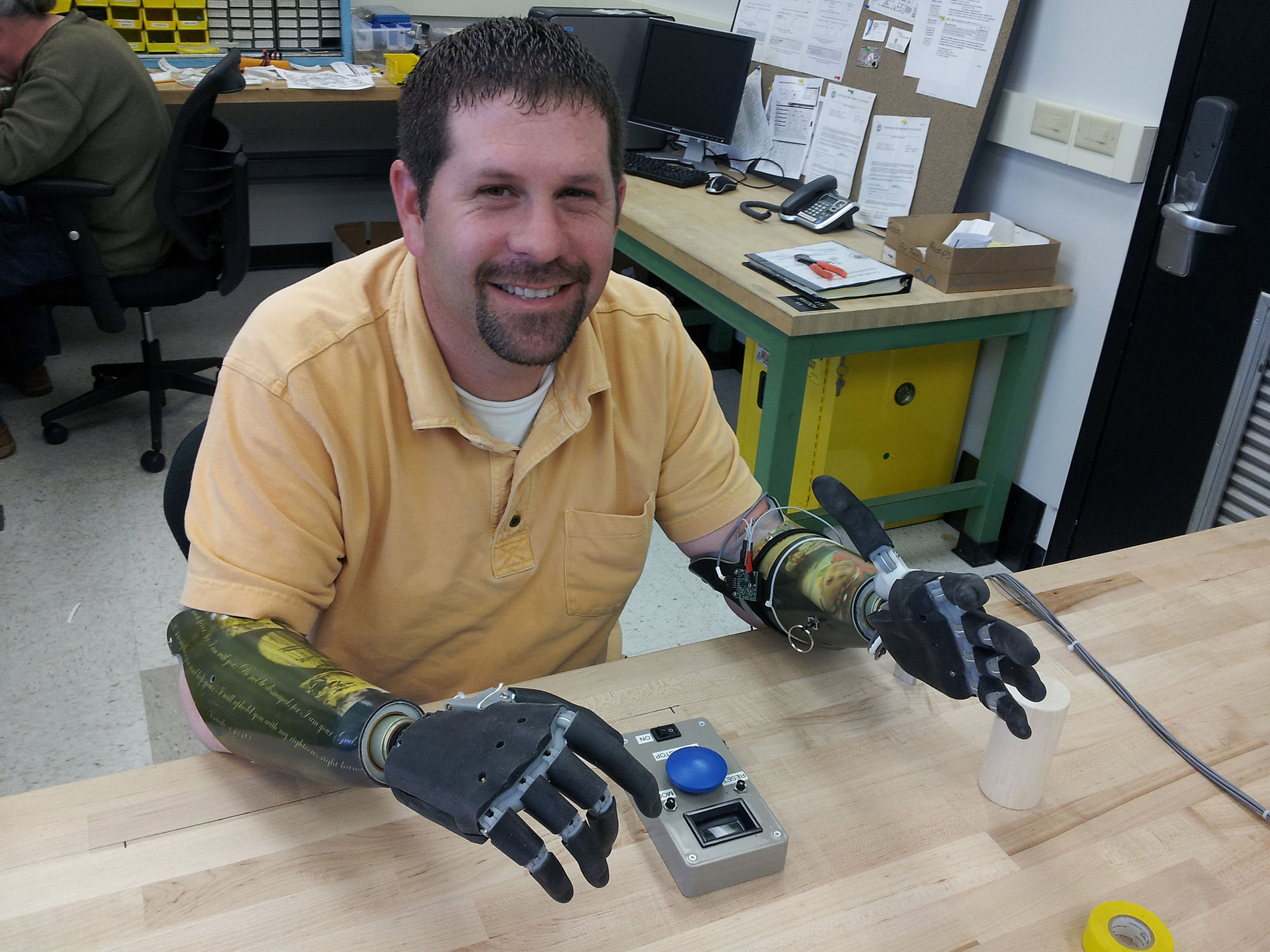Wesley Thayer
-

Imaging guidance for nerve repair
A noninvasive, quantitative MRI method could be used after surgical repair of traumatic peripheral nerve injury to help clinicians make decisions about whether additional surgical interventions are needed. Read MoreFeb 9, 2021
-

Imaging nerve regeneration
Diffusion MRI may provide a noninvasive approach to assess nerve regeneration and distinguish successful from unsuccessful repairs earlier. Read MoreJan 28, 2020
-

Studies aim to speed, track peripheral nerve recovery
Surgeons have limited tools to successfully repair and track the recovery of peripheral nerves that have been severely damaged as a result of a traumatic injury, but Vanderbilt investigators hope to change this through research studies recently funded with more than $3 million in grants from the Department of Defense and the National Institutes of Health. Read MoreOct 6, 2016
-

VUCast: See advances in this robotic hand; get a special view of Commodore baseball
In this week’s VUCast: Bionic Breakthrough: See advances in this robotic hand What Vandy doctors are doing with the military to avoid amputations See a special view of Commodore baseball All this and more in this week’s VUCast, Vanderbilt’s online newscast. Watch now. [vucastblurb]… Read MoreJun 12, 2013
-

Defense Department grant spurs nerve regeneration research
Vanderbilt investigators led by Wesley Thayer, M.D., Ph.D., assistant professor of Plastic Surgery and Orthopaedic Surgery and Rehabilitation, have been awarded a $1.1 million grant from the Department of Defense to develop a new surgical device that may help repair severed nerves. Read MoreMay 30, 2013
-

Hand surgeons scarce for emergency surgery
Wrist, hand and finger trauma are the most common injuries presenting to emergency departments nationwide, yet only 7 percent of Tennessee hospitals have a hand specialist on call 24/7 to treat these patients, according to a Vanderbilt study published online today in the Annals of Plastic Surgery. Read MoreMay 2, 2012